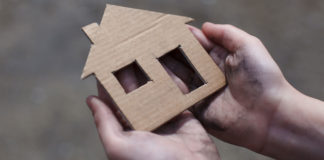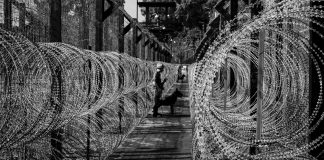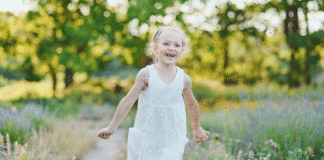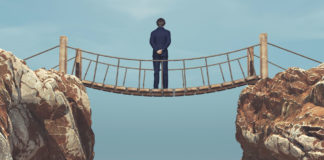Money and the inevitable worrying about tomorrow
The love of money may be the root of all evil, but the need for money cannot be subjected to a harsh moral judgment.
When silence is not love
We often associate divorce with the unhappiness of adults who reprehensibly decide to go their separate ways. For under-age brides Noora and Nujood, however, divorce was their escape from a nightmare of domestic violence and abuse, into which they were thrown at a young age by their own families.
No monster under the bed: Helping your child cope with fear
There is no monster under the bed—that much is certain. But how do you convince your child of this, when they come to you, for the hundredth time, with the same fear? When you constantly use the same unheeded command, "Stop fooling around and go to sleep!", this is a sign that you need to learn more about your child's anxiety, and how...
Dealing with passive-aggressive behaviour
You may have heard of passive-aggressive behaviour, but maybe you don't know exactly what it means. In this article, we examine what its characteristics are, and how to deal with people who exhibit this type of behaviour.
Haiti hit by an earthquake. Again.
I was born and grew up in Haiti, a country located in the Caribbean, about a one hour and a half flight from Miami. Haiti occupies one third of the island Hispaniola (the Dominican Republic occupies the other two thirds).
How do I learn to really enjoy life?
I don’t remember much about the moment. I remember its warmth, and the way it glowed with purpose and spirit. But the stage is blurry. The song which pulsed out from it is uncertain. I know it came from a good friend of mine, one whose spot-lit glory provoked in me no jealousy, no feeling of being left out.
How to restore someone’s dignity
Have you ever wondered how the homeless people you encounter on the streets ended up in that situation? The answer could be much more complicated than you think, and their situation much easier to fix, if we, all those who see them, did not behave as if their lives do not matter.
Envy and its opposite
Beginning with Cain and Abel, history has known famous and less famous stories woven around the devastating experience of envy.
No tomorrow morning: the unexpected consequences of a disturbing law
In front of the camera, the woman smiles calmly. The dimple on her right cheek, among the wrinkles, shows that Annie has repeated this smile many times in her 81 years of life. Today, however, only her lips are smiling. A strange tension weighs on her eyebrows. Today is the day Annie has decided to die.
I’m here! | friendship and interest in each other
I'll leave my heart as payment among the coins, and pass... – Nichita Stănescu
Marital incompatibility, and how to avoid it
Our moral problem is man’s indifference to himself… We experience and treat ourselves as commodities, and [as if] our own powers have become alienated from ourselves… We are a herd believing that the road we follow must lead to a goal since we see everybody else on the same road. We are in the dark and keep up our courage because we hear...
“You have to give up being human to endure and survive” | Life in the North Korean prison system
Rape, torture, extrajudicial executions, and starvation are common practices in the North Korean prison system, dehumanising detainees to the point where they believe they deserve this treatment, according to a report published by a human rights monitoring body.
How do Christians fight against the burden of worry?
“Worry does not empty tomorrow of its sorrow, it empties today of its strength,” says Corrie ten Boom, thus underlining a truth all Christians burdened by worry should remember.
God is love and that makes us eligible, as imperfect as we may be
We have trouble understanding and accepting the image of a loving God, as we have grown too familiar with the type of love that offers itself only when it finds in a person the qualities that make them easy to love.
Misleading bridges, and better prayers
Bridges seem to be the emblem of existential stress for Romanians. In the face of a difficult situation, even Romanian folk wisdom recommends: "Make a pact with the devil until you have crossed the bridge."


























